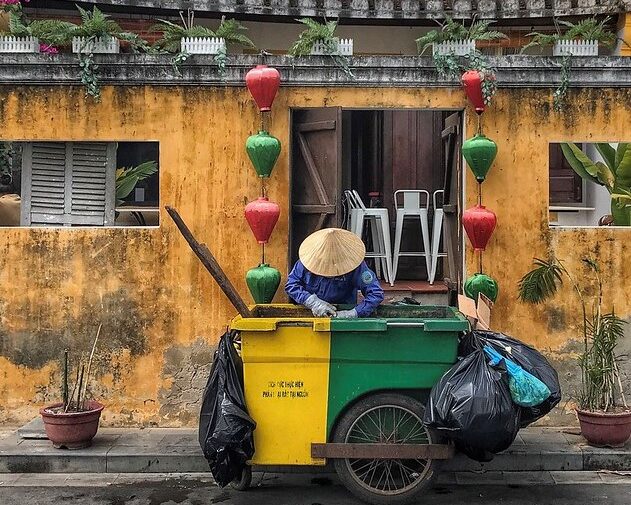Sri Lanka, an island nation, faces unique challenges in managing its waste. The country’s solid waste management systems struggle to keep pace with growing urban populations as system funding, organization, and local government resources remain static.
USAID began addressing the urgent challenge of plastic pollution in the country in 2016 by providing grants and technical assistance through the Municipal Waste Recycling Program. At the national level, under the Save Our Seas Initiative USAID’s Clean Cities Blue Ocean (CCBO) program supported Sri Lanka’s national government in building a more sustainable, circular economy that fully engages the private sector as key players in the fight against ocean plastic pollution through Extended Producer Responsibility legislation. Sri Lanka’s National Action Plan on Plastic Waste Management 2021-2030 sets out actions to follow based on the 3Rs principle: reduce, reuse, and recycle. The actions in this plan cover the entire life cycle of plastic waste management, from importation, processing, final use, or collection and disposal. At the conclusion of the program in 2023, CCBO had safely managed over 20,000 metric tons of waste and improved solid waste systems and services for over 862,000 people.
The USAID/Sri Lanka and the Maldives’ Ocean Plastics Reduction Activity seeks to build on Sri Lanka’s vision in the national action plan. It is a five-year project that aims to reduce virgin plastics by decreasing plastic inputs and products and improving integrated solid waste management (SWM) practices. The project’s diverse consortium uses a systems-strengthening approach, working alongside local partners to target system inefficiencies and areas of reliance on virgin plastics. The goal is to increase participation in SWM programs and prevent thousands of tons of plastic from leaking into the environment.
Current Programs
Clean Cities Blue Ocean (2019-2025)
CCBO is a five-year, global program working in rapidly urbanizing focal countries across Asia and Latin America to target ocean plastics directly at their source. CCBO works to improve solid waste management systems in areas that are at the heart of the global plastic pollution crisis, build capacity and commitment for the 3Rs, and promote sustainable social and behavior changes. In support of these objectives, CCBO partners with national and local governments, members of the private sector, non-governmental organizations, and local women’s and youth organizations. CCBO is implemented by Tetra Tech ARD, in association with The Manoff Group and International City/County Management Association.
Ocean Plastics Reduction Activity (OPRA) (2022-2027)
OPRA aims to reduce reliance on virgin plastic inputs and products; professionalize, improve, and expand SWM; empower communities to drive local SWM solutions; and strengthen the enabling environment for SWM. Research Triangle Institute implements this activity.
Past Programs
Municipal Waste Recycling Program (2016-2021)
Launched in 2016, the Municipal Waste Recycling Program (MWRP) was USAID’s first formal response to the urgent challenge of plastic pollution in developing countries. The program was implemented in four countries that are among the world’s top contributors of marine plastics pollution: Indonesia, the Philippines, Sri Lanka, and Vietnam. Through grants and technical assistance for promising SWM and waste recycling efforts in urban and peri-urban areas, MWRP diverted 20,600 metric tons of plastic waste from the ocean, trained 36,000 women in SWM and recycling, and supported over 60 new and improved laws and regulations.
Projects
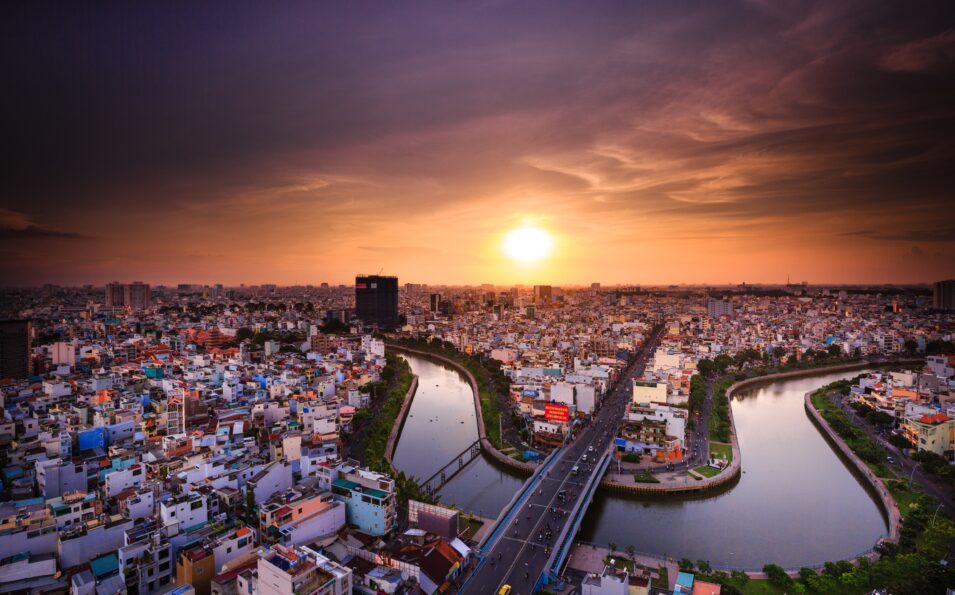
Clean Cities, Blue Ocean
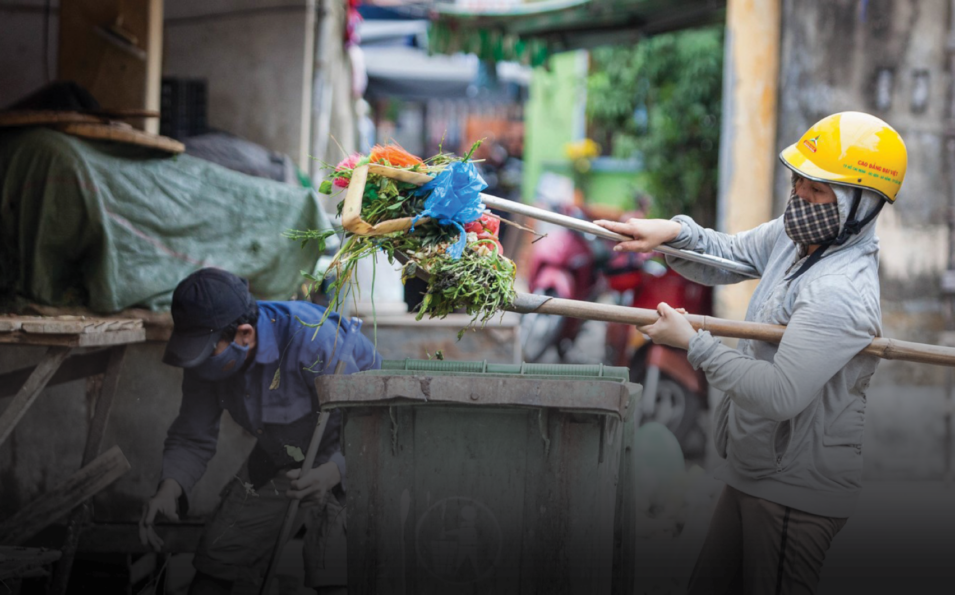
Municipal Waste Recycling Program
Key Resources
View All ResourcesA Plastic Recycling Center Opens in Kaduwela
Clean Cities, Blue Ocean Sri Lanka Fact Sheet
Municipal Waste Recycling Program (MWRP) – Sri Lanka Country Profile
MWRP Sri Lanka: A Sustainable, Community-Based Solid Waste Management System
MWRP Sri Lanka: Partnering with the Private Sector to Reduce Plastic Waste from Tourism
MWRP Sri Lanka: Strengthening Plastic Waste Management in Fast-Growing Urban Areas
MWRP Sri Lanka: Engaging Business Sectors to Reduce Plastic Waste
The Building Blocks of a Circular Economy: USAID’S Local Systems Approach to Reducing Ocean Plastic Pollution
Insights & Updates
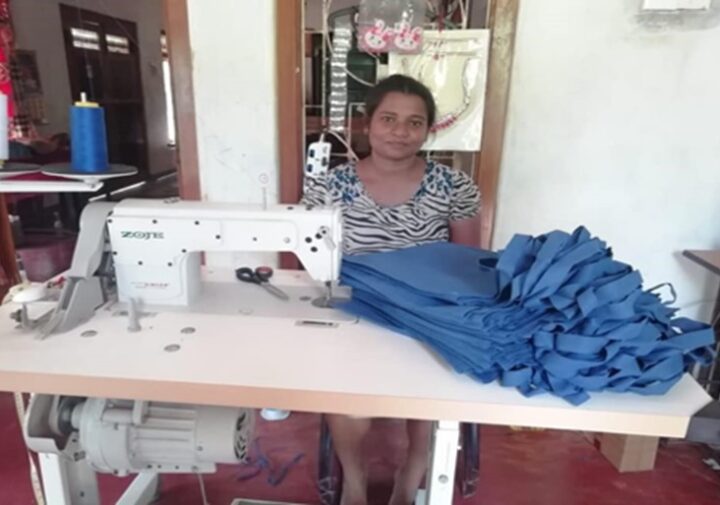
Communities in Sri Lanka Transitioning Away from Single-Use Plastic Bags
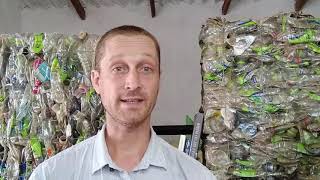
USAID MWRP Video Update: Lanka Upcycles, Sri Lanka
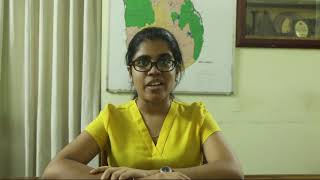
USAID MWRP Video Update: Sri Lanka Center for Development Facilitation
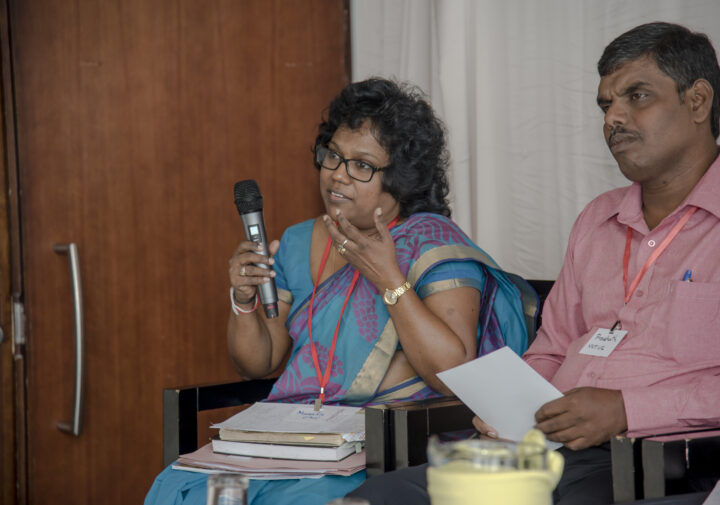
Sri Lankans Collaborate to Combat Ocean Plastic Pollution
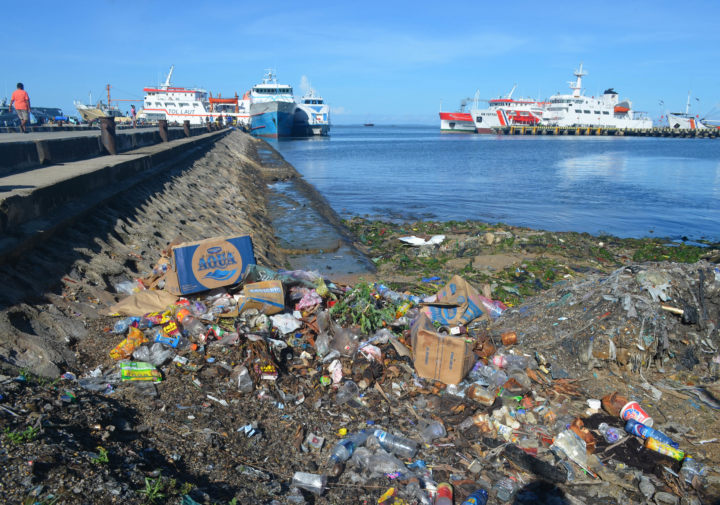
Why it is essential to combat ocean plastic pollution in developing countries
